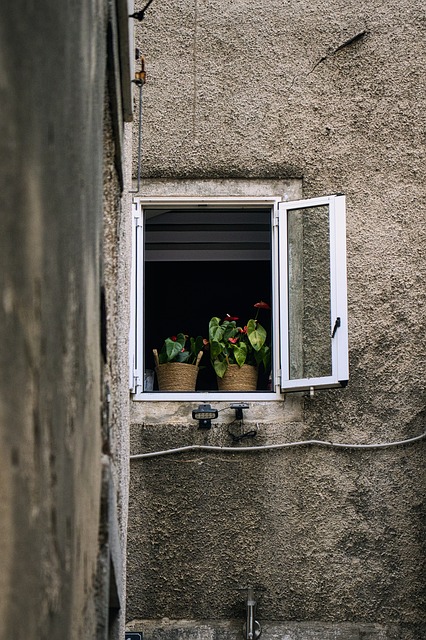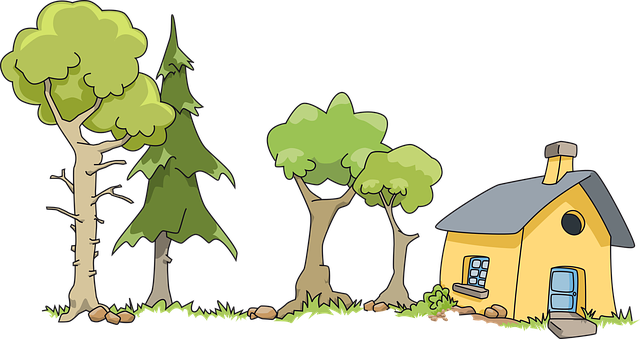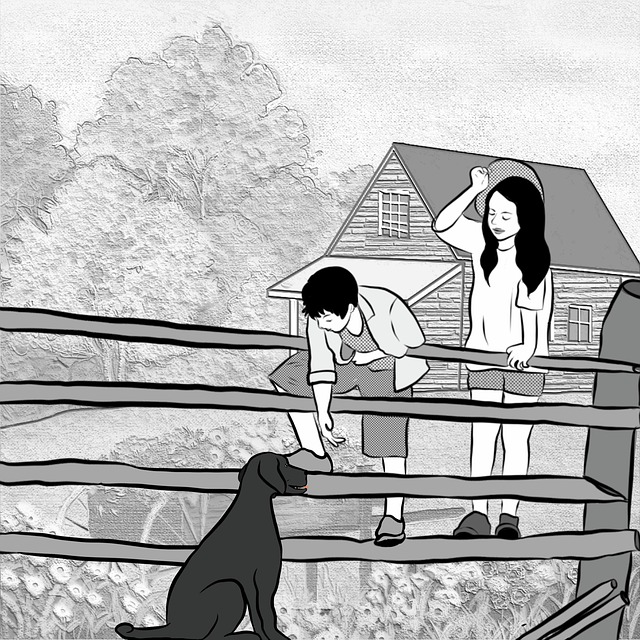Category: House Sitting
Introduction
House-sitting is a symbiotic arrangement where a homeowner allows a trusted individual to live in their home while they are away, in exchange for maintaining the property’s upkeep. This practice has gained traction globally as an alternative to traditional pet-sitting or renting a property full-time. It offers homeowners peace of mind and cost savings, while house sitters enjoy temporary accommodation and the opportunity to live like locals in different places. In this article, we will explore the multifaceted world of house-sitting, its significance, the global impact it has, the economic considerations involved, the technological advancements that shape it, the policies and regulations that govern it, the challenges it faces, through real-world case studies, and finally, what the future may hold for this unique lifestyle choice.
Understanding House-Sitting
House-sitting is the act of residing in a private residence – with permission from the absent homeowner – to ensure the safety and security of the property, manage routine tasks like mail collection and yard maintenance, and sometimes care for household pets. This practice has evolved over time and now encompasses a broad range of agreements, from short-term stays to long-term living arrangements.
The core components of house-sitting include trust, responsibility, and mutual benefit. It requires a level of trust between the homeowner and the sitter, as the sitter has access to the homeowner’s property and personal belongings. Responsibility is key, as sitters must adhere to the terms agreed upon, which often include routine maintenance tasks, security checks, and sometimes pet care. The mutual benefit is evident in the exchange of free accommodation for the homeowner and the sitter’s need for temporary housing.
Historically, house-sitting has existed as a practice for centuries, with roots dating back to when travel was less common and people often had trusted friends or relatives look after their homes while they were away. Today, it is a formalized industry with its own set of best practices, professional associations, and online platforms dedicated to matching homeowners with trustworthy sitters.
Global Impact and Trends
House-sitting has a significant global impact, influencing travel patterns, housing markets, and the sharing economy. Key trends shaping its trajectory include the rise of remote work, an aging population looking for cost-effective living solutions, and the increasing popularity of nomadic lifestyles.
In North America and Europe, house-sitting is often associated with retirees or digital nomads seeking to reduce living expenses while exploring new environments. In Australia and New Zealand, it’s particularly popular due to the vast distances between cities and the desire for a more sustainable lifestyle. In developing countries, house-sitting can provide opportunities for cultural exchange and community engagement, fostering cross-cultural understanding.
The global economic downturn has also influenced the trend, with more individuals looking for affordable housing options. Platforms like TrustedHousesitters, MindMyHouse, and HouseCarers connect homeowners with sitters, facilitating a global community of participants.
Economic Considerations
The economic aspects of house-sitting are multifaceted. From a homeowner’s perspective, it can be more cost-effective than traditional rental agreements or property management services. For sitters, it offers an opportunity to reduce accommodation costs and sometimes even earn money through additional services offered, such as pet care or gardening.
Market dynamics in the housing sector are also influenced by house-sitting trends. In areas with high demand for rentals, house-sitting can alleviate some of the pressure on the rental market. Investors and real estate developers may consider incorporating properties designed to cater to the needs of both homeowners seeking sitters and professional house sitters.
The role of house-sitting in economic systems is to provide an alternative to traditional housing arrangements, offering a win-win situation for both parties involved. It contributes to the sharing economy by facilitating the exchange of goods (housing) and services (home maintenance).
Technological Advancements
Technology has transformed house-sitting, making it more accessible and secure. Smart home technology allows homeowners to monitor their property remotely through security cameras, thermostats, and alarm systems. Mobile applications enable sitters to find opportunities, manage their profiles, and communicate with homeowners efficiently.
The Internet of Things (IoT) is another advancement that has a significant impact on house-sitting. Devices like smart locks, doorbell cameras, and automated lighting can be controlled remotely, providing security and convenience for both parties. The future potential of these technologies includes the integration of artificial intelligence (AI) to learn and adapt to the routines of sitters, ensuring homes remain secure and well-maintained.
Policy and Regulation
Policies and regulations governing house-sitting vary widely across different regions and countries. In some places, there are few restrictions, while in others, there are specific legal requirements that must be met to ensure the safety and legality of the arrangement.
Homeowners must understand their legal obligations, including tax implications, insurance coverage, and tenant rights. Sitters need to be aware of their responsibilities and liabilities under local laws. In many jurisdictions, house-sitting is legally distinct from renting or subletting, and thus, specific regulations may apply.
Emerging legislation often addresses the challenges posed by the sharing economy, seeking to balance property rights with the economic benefits of such arrangements. It’s crucial for both homeowners and sitters to stay informed about local laws to ensure compliance and protect their interests.
Case Studies
To illustrate the various aspects of house-sitting, let’s examine a few case studies:
-
Retiree House-Sitters: A retired couple uses house-sitting as a way to travel and experience new cultures without the cost of accommodation. They often take on longer assignments, providing full-time care for homes and pets in exchange for living rent-free.
-
Professional House Sitters: An individual or family runs a house-sitting service business, offering comprehensive home management services that go beyond basic caretaking to include maintenance, pet care, and even occasional hosting for short-term rental platforms like Airbnb.
-
Homeowners on Sabbatical: A professor taking a sabbatical leaves their home to an experienced sitter, ensuring the property is maintained while they explore other parts of the world or focus on research without financial burden.
-
Tech Entrepreneurs: A startup founder who often travels for business uses smart home technology to manage their home remotely, entrusting it to a reliable sitter when necessary, allowing them peace of mind while focusing on their venture.
Conclusion
House-sitting is a multifaceted practice with economic, social, and technological implications. It offers a viable alternative to traditional housing arrangements, providing mutual benefits for homeowners and sitters alike. As technology advances and societal trends evolve, house-sitting will continue to adapt, shaping the future of temporary living solutions and contributing to the sharing economy.
With the right approach, trust, and communication, house-sitting can be a rewarding experience that enriches lives while offering practical solutions in housing and home maintenance. As laws and technologies change, it’s essential for participants to stay informed to navigate this evolving landscape successfully.
Seasonal Property Care: House Sitting Services for Peace of Mind

House sitting is a vital service that protects homes while owners are away, offering security, maint…….
Finding Reliable House Sitters: A Local Homeowner’s Guide
House Sitting: A Win-Win Solution for Travelers and Homeowners
House Sitting: A Win-Win Solution for Travelers & Homeowners

House sitting is a growing trend allowing travelers to gain authentic local experiences by caring fo…….
Reliable House Sitting: Benefits and Selection Tips for Homeowners

House sitting is gaining popularity as a reliable solution for homeowners needing trusted property a…….
House Sitting: Benefits, Qualities & Hiring Tips for Vacation Rentals

House sitting is a mutually beneficial arrangement where property owners leave their homes and pets…….
Maximizing Property Protection: The Benefits of Professional House Sitting

House sitting is a mutually beneficial solution where individuals temporarily reside in homeowners&#…….
Finding Reliable House Sitters: A Comprehensive Guide

House sitting is a reliable solution for homeowners needing trusted care while away, involving indiv…….
House Sitting Services: Relief for Busy Professionals

House sitting is a growing trend for busy professionals needing peace of mind while away from home……..


